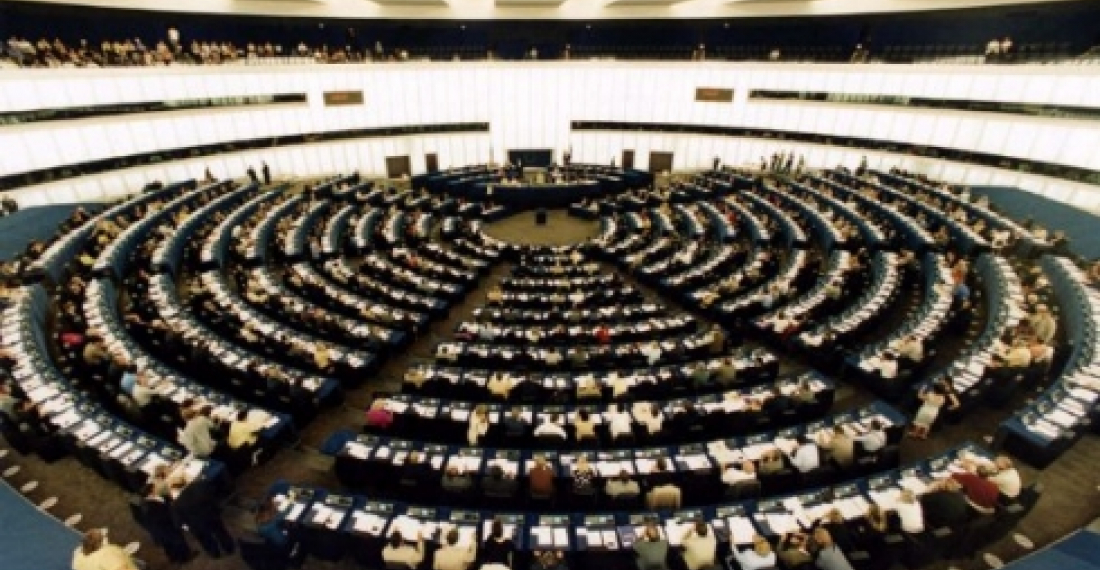Комиссия по внешним сношениям Европарламента 22 марта приняла документ по Армении, в котором содержится предложение заменить мандат Франции в Минской группе ОБСЕ, которая взяла на себя обязанность вести посредническую миссию в урегулировании нагорно-карабахского конфликта, на мандат Евросоюза. Об этом сообщает сайт Европарламента.
Документ должен быть поставлен на голосование на пленарном заседании Европарламента, который, по всей вероятности, пройдет через месяц.
Урегулированием карабахского конфликта с 1992 года занимается Минская группа ОБСЕ, представленная сопредседателями от России, США и Франции. В настоящее время процесс урегулирования карабахского конфликта происходит на основе "Мадридских принципов", выдвинутых сопредседателями МГ ОБСЕ в 2007 году в Мадриде и обновленных в 2009 году.







